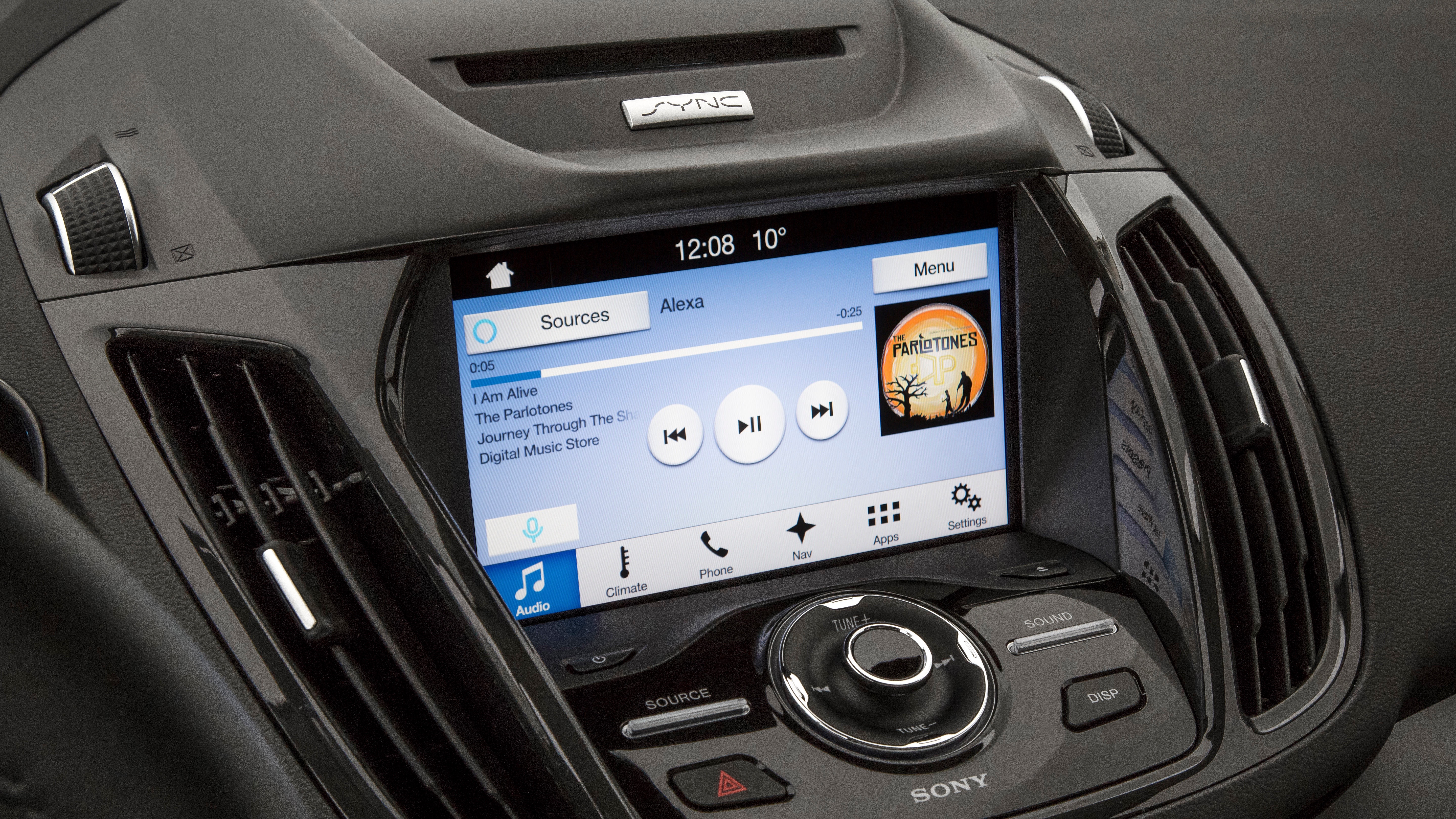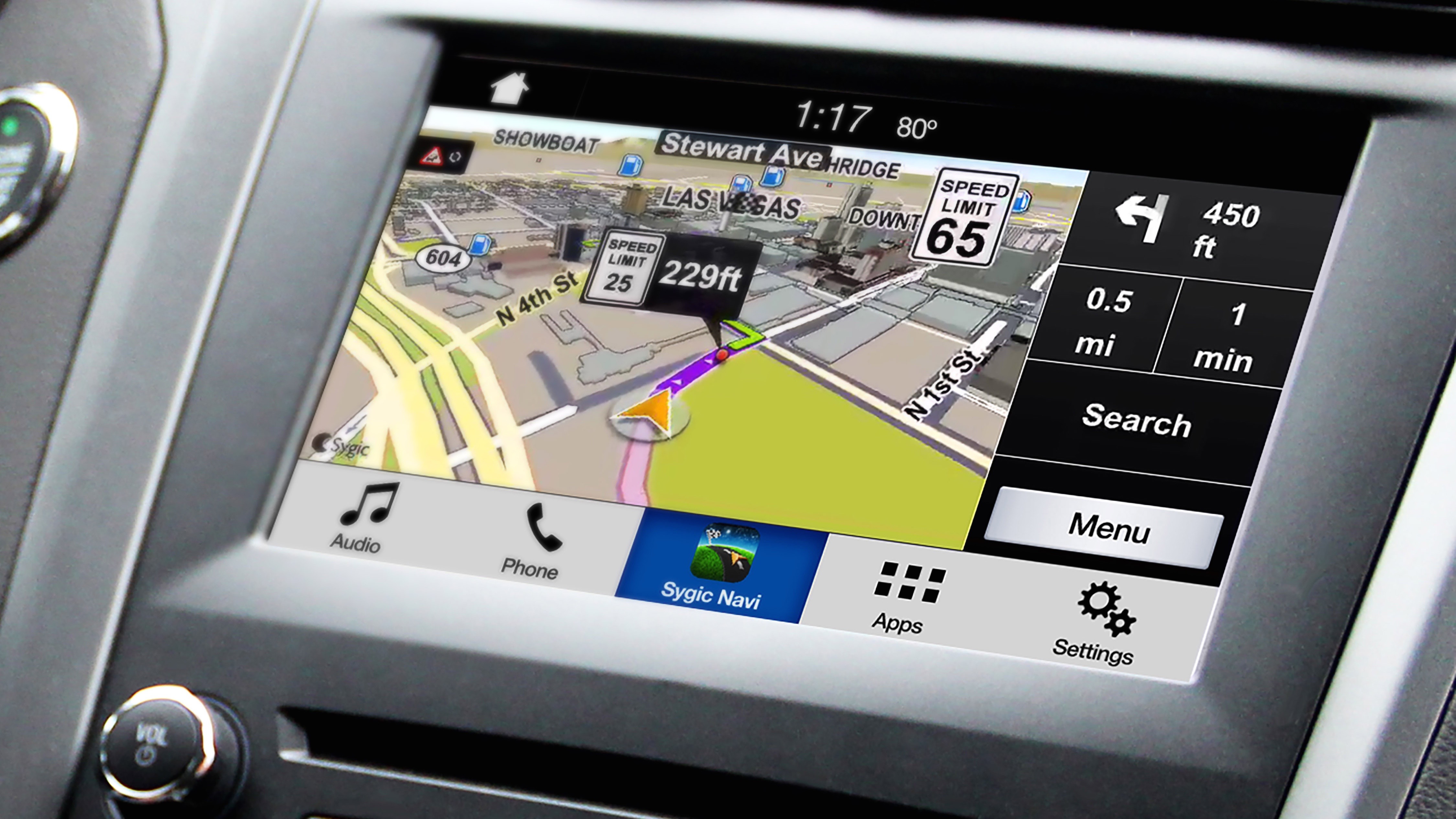Amazon Alexa brings smart home features to the road with Ford
Control your car with Amazon Echo

In case you haven't heard, Amazon Alexa is everywhere at CES 2017, and now the virtual assistant is coming to cars.
Ford is delivering Alexa support to its vehicles, calling the mash-up the most comprehensive integration of the assistant in any car yet.
Alexa is actually arriving in two parts. First, Ford will let plug-in electric car owners control their vehicle from home using an Amazon Echo, Echo Dot or Amazon Tap. While you're snug on the couch, you can start or stop the engine, lock or unlock doors, check range, charge status and fuel level and get a mileage summary. This functionality will arrive later in the month.
Then in the summer, Alexa will be accessible inside cars equipped with Ford's SYNC 3 system with the tap of a button on the steering wheel. Once you've called up Alexa, you can have it report on the weather, play music or audio books, check news and add items to a shopping list, as well as control smart home devices from the car.
Perhaps most useful of all, Alexa will have navigation capabilities, helping you locate a destinations like a nearby restaurant if you ask.

Ford says this is the tightest automotive integration of Alexa yet. Of course, we've already seen Apple Siri and Google Assistant make it into cars, but Amazon is now putting its foot in the auto assistant race as well.
We'll have to wait to find out whether Alexa in cars takes off, particularly if it expands to other vehicle manufacturers. But this has become a three-assistant race, which is always exciting to see.
Sign up for breaking news, reviews, opinion, top tech deals, and more.
- New year, new tech – check out all our coverage of CES 2017 straight from Las Vegas, the greatest gadget show on Earth

Michelle was previously a news editor at TechRadar, leading consumer tech news and reviews. Michelle is now a Content Strategist at Facebook. A versatile, highly effective content writer and skilled editor with a keen eye for detail, Michelle is a collaborative problem solver and covered everything from smartwatches and microprocessors to VR and self-driving cars.